Paid subversives? Russians in disguise? Jews? Thanks to the research of Mirosław Szumiła, we finally know who the people who built the communist system in Poland were.
Although the post-war history of Poland arouses great interest among researchers and readers, we still know relatively little about the apparatchiks who constituted the backbone of the communist government. Suffice it to say that even Władysław Gomułka did not receive a scientific biography!
For several years, Mirosław Szumiło from UMCS has been trying to fill this gap. Thanks to archival research conducted not only in Poland but also in Russia, he paints a collective portrait of the communist elite in Poland in the first years after the war.
One-third of management
Until 1948, the most important decisions concerning the fate of the country were taken by a small group of 21 people, members of the Politburo and the Secretariat of the Central Committee of the Polish Workers' Party.
1/3 of the PPR authorities (7 out of 21 people) were people of Jewish origin , and in the entire leadership structure of the party there were 35% of them (30 people). Due to the awareness of the negative stereotype of Żydokomuna, efforts were made to "avoid exposing people of Jewish origin to prominent positions in the field, placing them in the quiet of offices."

Russian poster blaming Jews for Stalinist crimes.
These people had different attitudes to their roots. Roman Zambrowski completely denied the religion and culture of his ancestors:" I am a Jew from my fathers, I consider myself a Pole. (...) I am shocked by some Jewish national traits, I grew up on Polish history and literature and in the Polish workers' movement. "
Hilary Minc declared himself in 1930 as a Pole, and Leon Kasman as a Pole of Jewish origin. Their families were at least partially assimilated, and they probably didn't know Yiddish.
In the personal questionnaires filled out in the USSR, all three claimed to be Jews, but it can be said that they had no choice. In the Land of the Soviets, as in the Third Reich, it was not identity that mattered in these matters, but "blood".
Żydokomuna or Stalin's cult?
On the other hand, Jakub Berman, coming from a family of Zionist activists, even applied for the party's consent to a Jewish religious wedding. Oks, who at the beginning of his political activity belonged to the Association of Academic Socialist Youth "Torch", also declared himself a Jew, just like Berman. Antoni Alster, in turn, claimed to be a "Jew-Pole", knew Yiddish very well and used the name Nuchim even after the war. As Mirosław Szumiło concludes:
For most communists, the national declaration probably did not play that much of a role. They felt first and foremost internationalists and often "Soviet people." All CPP functionaries, as "professional revolutionaries", had to think and follow the line of the Comintern.
Being "believing" communists, they had a pious attitude toward the Soviet Union as the "home of the international proletariat." Moscow was called "Mecca" in the party slang for a reason.
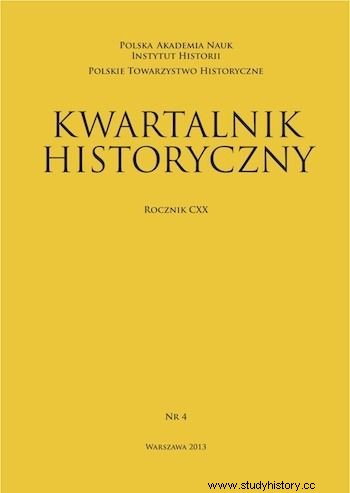
The material is based on an article from the "Historical Quarterly".
The elite of Polish communists formed a narrow but diverse group of people with various national and social origins, different levels of education and different life experiences. Nevertheless, for three years they "cooperated in unison in the work of strengthening the" people's power "." There were many people of Jewish origin among them - but by no means did they constitute the majority in the leadership structures of the PPR.
The source of the above news is:
Mirosław Szumiło, Leadership of the Polish Workers' Party (1944–1948) - historical and sociological portrait , "Kwartalnik Historyczny", vol. 121 (2014), no. 2, pp. 287-318.
Historical news. What's the matter?
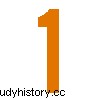 | The "historical news" column is the latest news from the world of history. We are looking for missed and concealed discoveries of Polish (and not only) scientists. We show that there is always something going on in research on the past. |
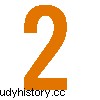 | Our news is short and accessible. On 2-3 thousand signs, we will summarize for you the discoveries that scientists have made on dozens of pages of hermetic works. We only write about what really matters. No boring. |
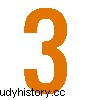 | We rely on scientific publications from the last 18 months . In the world of history, news spreads slowly, and academic works reach potential recipients with a long delay. What in other fields ceases to be news after 24 hours in history may be even a year later. |
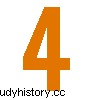 | When preparing news, we follow the list of the most prestigious historical periodicals. If you are a publisher or author and would like us to reach for a specific publication - please send it to our editorial office. |
